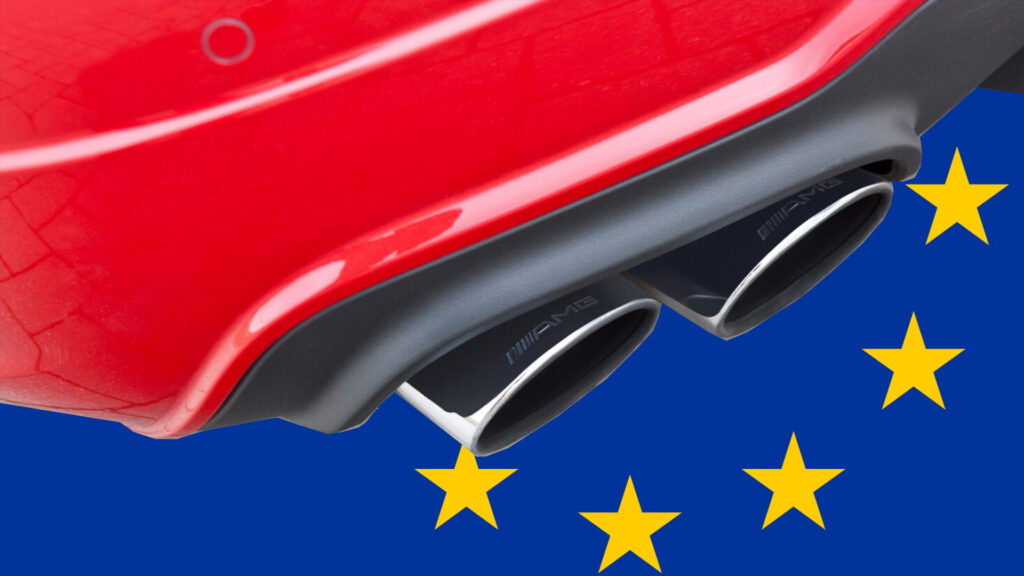The EU wants to crack down on companies making false green claims for their products and will fine firms found to have lied.
That’s according to a report that says a new draft law is being drawn up to help arm consumers with accurate information about the goods they’re being offered. It says the European Commissions wants to stamp out greenwashing, the practice of making unsubstantiated claims with the the aim of making the public believe their products are environmentally friendly.
News website Euractiv has seen the draft in which it says the Commission claims almost half (40 percent) of the environmental claims made about products are “unsubstantiated.”
“Companies making ‘green claims’ should substantiate these against a standard methodology to assess their impact on the environment,” the Commission writes. Verifying those claims will require EU member states to set up teams that can sniff out green lies and any companies found to have wilfully misled consumers will be hit with penalties.
Related: Automakers Under Report Lifetime Emissions, Pollute Nearly As Much As Oil Companies, NGO Claims
Billboards hacked across Europe calling out #Toyota and #BMW’s greenwash advertising. Of all car-makers, Toyota and BMW are the worst for anti-climate lobbying. @Brandalism, #BanFossilAds #AdBrake
Images (L-R) by Matt Bonner, No Added Sugar, @jeancrasse and Fake Plastic Nation pic.twitter.com/hB00pyXrlE
— Greenpeace (@Greenpeace) January 19, 2023
According to paperwork seen by Euractiv, those penalties will take into account “the nature and gravity of the infringement” as well as the economic benefits the offending firm received from the fraud, and the environmental damage caused.
Should any such law be passed, it won’t only be carmakers that are affected. Thousands of products on sale in Europe could be scrutinized, which sounds like a monumental task for a team of fact-checkers. But auto firms could definitely come under the microscope because cars are some of the biggest polluters and car companies routinely make claims about the environmental soundness of their latest vehicles knowing full well that an increasingly eco-conscious public might be swayed to buy one car over another based on the claims.
Euractiv’s report says that the green claims directive was expected to be published last year but was delayed several times due to a failure to agree on how to verify environmental allegations.
Manufacturers aren’t only feeling the heat from regulators but from environmental campaigners using their own methods to highlight eco claims they say are misleading. Those methods include producing spoof billboard ads featuring companies like Toyota and BMW.




